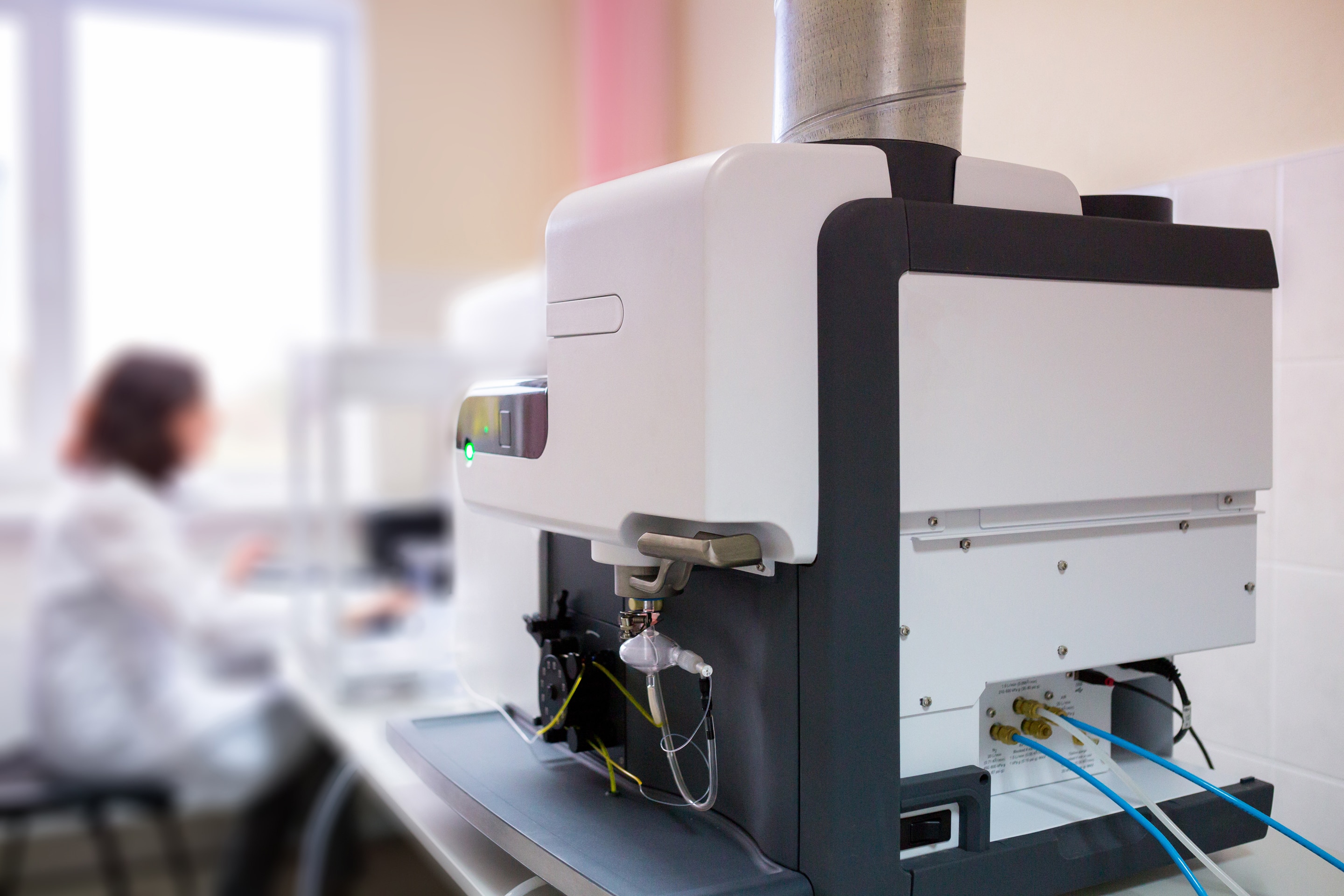Unleashing the Analytical Power of ICP Using Axetris MFCs
Inductively Coupled Plasma combined with a Mass Spectrometer (ICP-MS) or an Optical Emission Spectroscope (ICP-OES) are extremely popular atomic spectroscopy techniques. Applications are wide-ranging within environmental, food, pharmaceutical and semiconductor industries. Typically, ICP is an argon plasma reaching temperatures of up to 10'000 K, allowing complete atomization of the analyte into elements for analysis. Gas flow control plays a critical role in maximizing analytical performance of ICP techniques. Plasma and auxiliary flows support plasma generation and control. How precisely we can measure gas flow, influences the quality of plasma heavily. The gas flow of the so-called nebulizer should be highly reproducible to achieve high detection limits. And, nevertheless, coolant gas flow should provide enough control resolution across a wide dynamic range to maintain system stability.

